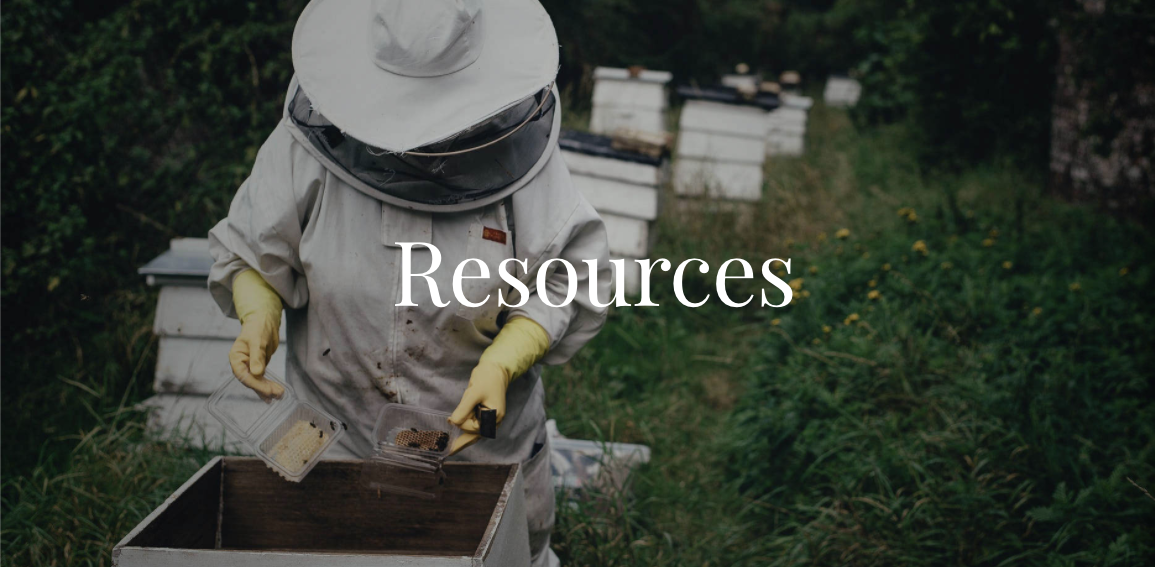
Apiary Registration: In order to legally keep honey bees in Louisiana there are few simple requirements. The information here is not to discourage anyone from keeping bees, but rather to encourage you to become a registered beekeeper in Louisiana.
Bee Informed Partnership: The Bee Informed Partnership is dedicated to working with beekeepers to better understand which management practices work best. We gather survey data from thousands of beekeepers every season to understand how different management practices affect honey bee health, and we report our findings back to the industry.
Beginning with Bees: Keeping bees can be a fascinating and profitable hobby in Louisiana. Start with one or two colonies and, as you learn the mechanics of beekeeping, establish additional colonies. Two or three colonies of bees in a good location, properly cared for, should provide enough honey for your family and some to give to friends and neighbors.
Buy Louisiana Honey: Louisiana Honey is easy to find in grocery stores, farmers markets , health food stores, local fruit stands or your local beekeeper. Honey is sweet, fat free and healthy to eat. It has a wide array of vitamins, essential minerals, enzymes and amino acids. Honey also contains several compounds that function as antioxidants, which help make Honey a truly healthful food.
Glossary of Beekeeping
Honey & Infants: Beekeepers are frequently asked if it is safe for babies to eat honey. Babies younger than 1 year old should not be given honey. Clostridium bacteria that cause infant botulism usually thrive in soil and dust. However, they can also contaminate certain foods — honey in particular.
Honey Labeling Requirements: One of the most important decisions that a food marketer has to make is what to put on the label of a food product. It needs to appeal to the consumer and stand out from other food packages on the shelf. There are also legal considerations.
Honey, the Natural Sweetener: Pure honey is a mixture of natural sugars (carbohydrates) and other compounds. With respect to carbohydrates, honey is mainly fructose (about 38.5%) and glucose (about 31.0%), Honey’s remaining carbohydrates include maltose, sucrose, and other complex carbohydrates.
Honeybee Removal: The resources listed on this site are usually beekeepers themselves, who volunteer to come to your location and attempt to safely remove your swarm or hive from the undesirable location, to either another natural location, or to a managed hive for a commercial or hobbyist beekeeper. Listing on this site does not constitute an endorsement but is provided as a potential helpful resource. You are encouraged to use common sense and good consumer practices in making your selections and business arrangements.
Louisiana Honeybee License Plates: The “Save The Honey Bee” License Plate is now available for all Louisiana residents! The cost is $25.00 (royalty fee) per year plus all applicable fees that would normally apply to any Louisiana plate. The royalty fees will be used solely for financial aid for graduate students working on applied honey bee research projects at the U.S. Department of Agriculture Research Laboratory in Baton Rouge, Louisiana.
Louisiana laws, rules, & regulations pertaining to honey and the honey bee
Honey Recipes
